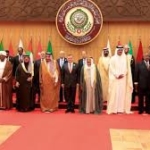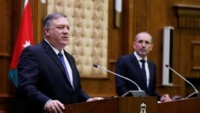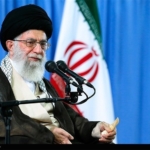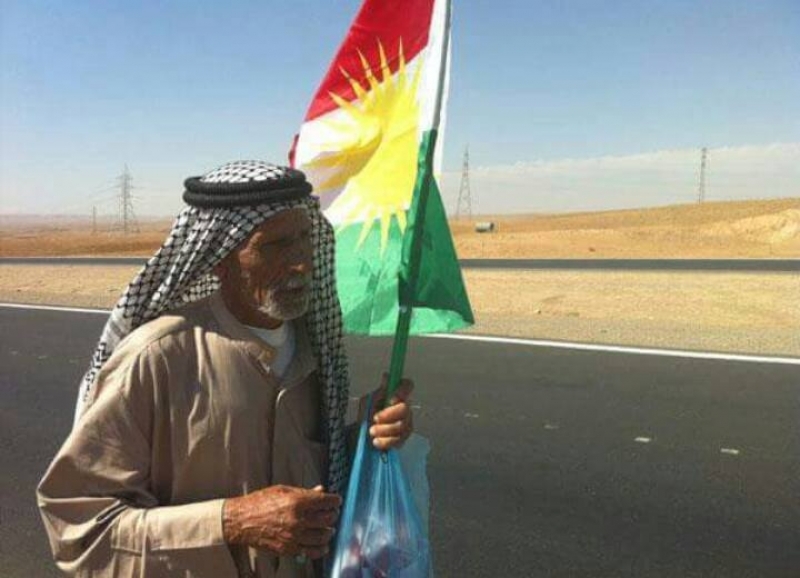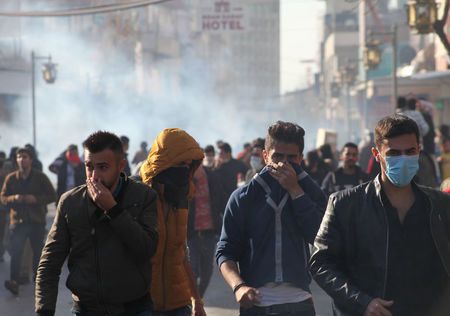PROJECTING POWER: THE SAUDI DESIGNS ON AFRICA
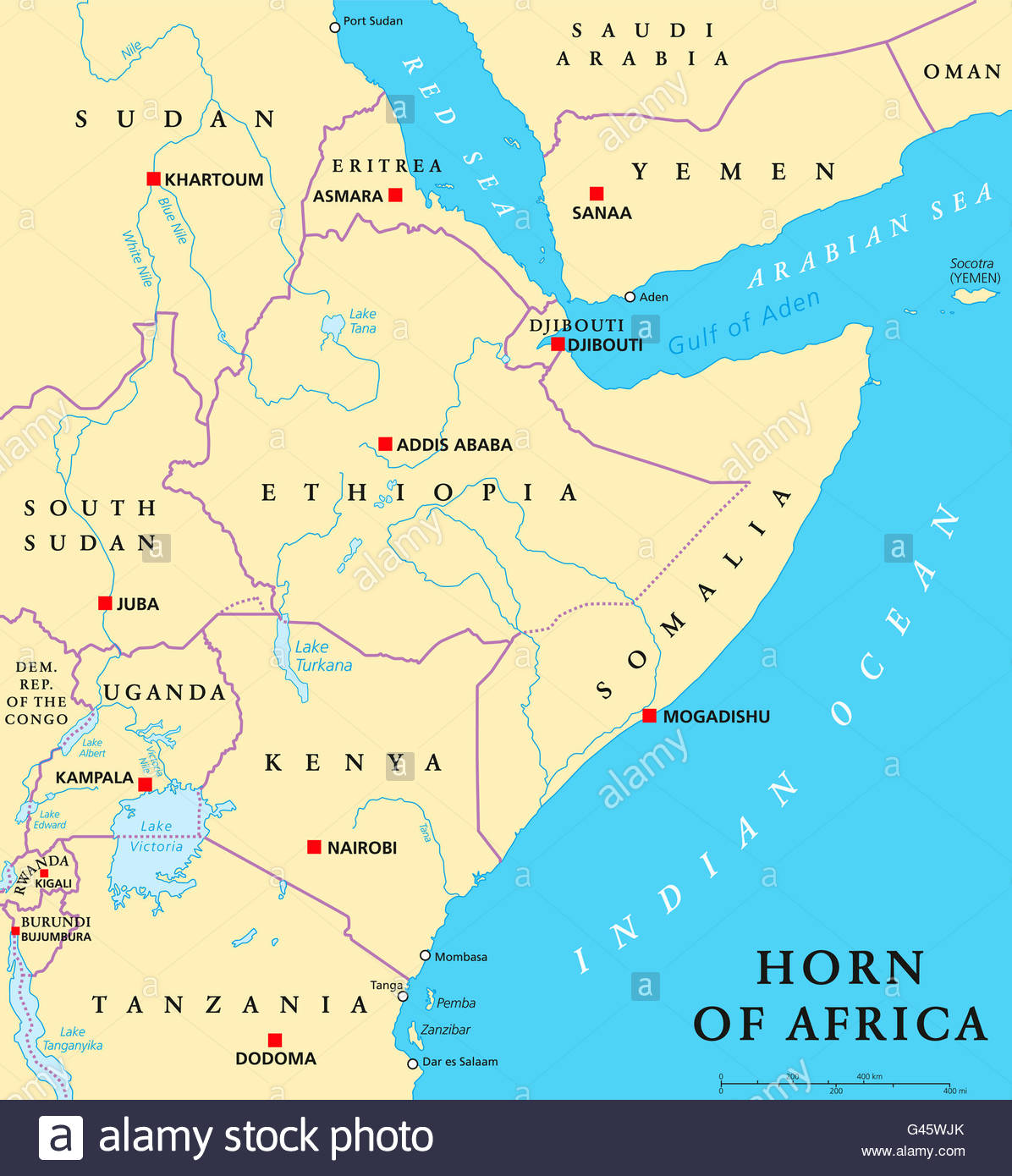
Usually, when people talk about Saudi Arabia and its hegemonic policies, we tend to relate to the well-known rivalry between the monarchy and Iran, two capillary actors in the Middle East, who compete for the leadership in the region. Keep Reading


